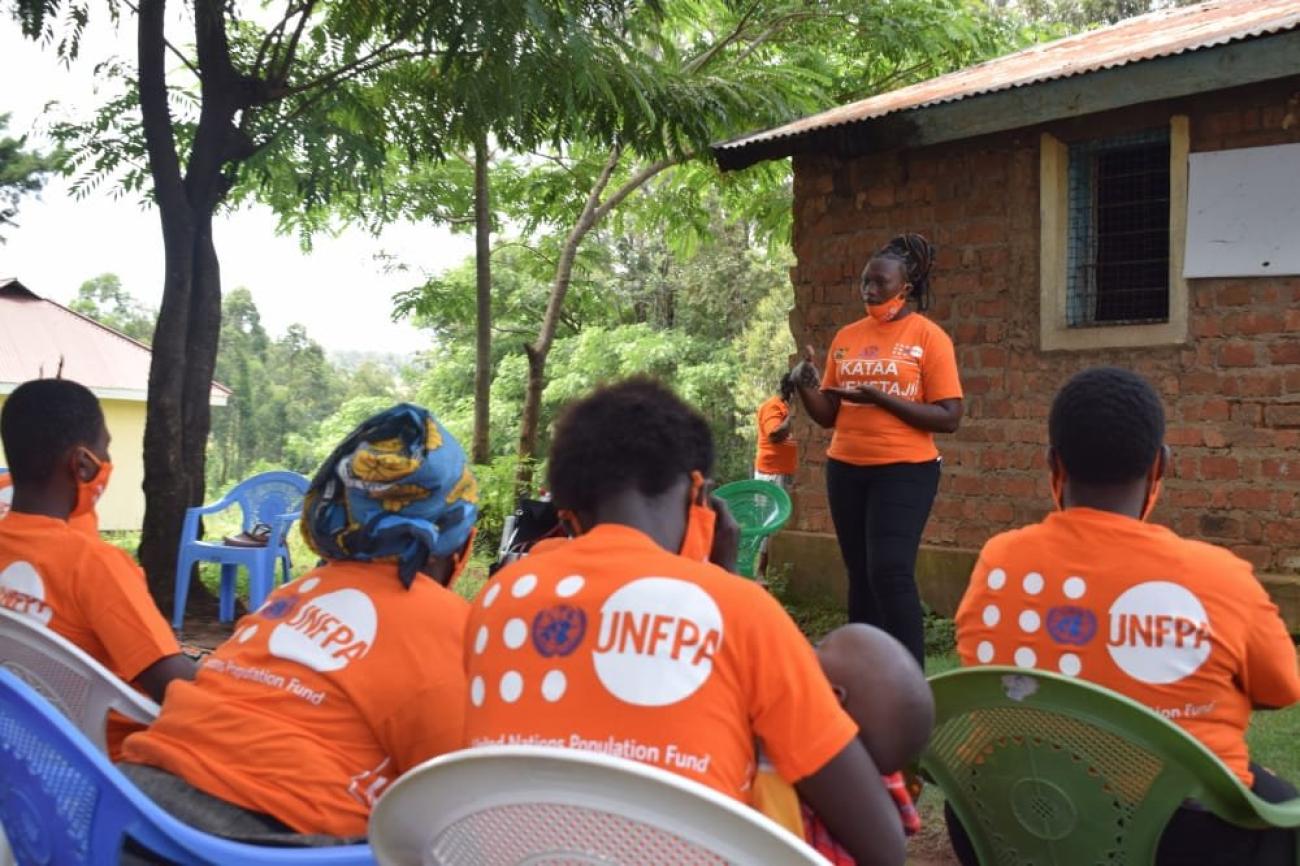Reintegrating young girls who have refused to undergo FGM and instead chosen to report FGM attempts to the authorities
is always the hardest task.
FGM is a practice that is common in the Somali community, and is considered as a rite of passage for girls as young as 7 years old. At the Hagadera Refugee Camp in Dadaab, the cut is conducted by a group of elderly women who are considered to be well-respected members of the community. Despite evidence that the harmful practice is still happening in the camps, humanitarian organizations working within Hagadera rarely receive reports on FGM cases from the community.
Over the last year, only one case has been recorded by the International Rescue Committee (IRC), while Terres Des Hommes had two cases of attempted FGM reported in the period between April to November 2020. The community continues to uphold this illegal practice in secrecy due to cultural and traditional beliefs. At a focus group organized by Terres Des Hommes, women invited to participate indicated that their advocacy for FGM is driven by the immense stigma and discrimination faced by those who have not undergone the cut.
“A young girl cannot find a husband or get married if she has not undergone the cut,” said one focus group participant. Families that reject FGM are also shunned by the community, and their daughters excluded from peer activities. “We have seen cases of discrimination and violence as a result of refusal to undergo FGM that were so bad we have had to transfer the survivors to a safe haven,” said one respondent from Terres Des Hommes.
Those who report cases of FGM face the toughest form of discrimination and rejection by the community. “Reintegrating young girls who have refused to undergo FGM and instead chosen to report FGM attempts to the authorities is always the hardest task,” says one anti-FGM champion at the camp.
intervention of community leaders is sometimes required to ensure the safety of these women and girls and their families. Efforts are being made by agencies operating within the camps to develop protection mechanisms for women and girls. Survivors of FGM are identified for case management, where agency staff work with them to assess their needs and risk factors. For minors, an assessment is made on whether they represent a heightened protection concern. In such cases, a multi-agency panel will meet to develop recommendations in the best interest of the child, before action is taken and further follow-up conducted.




